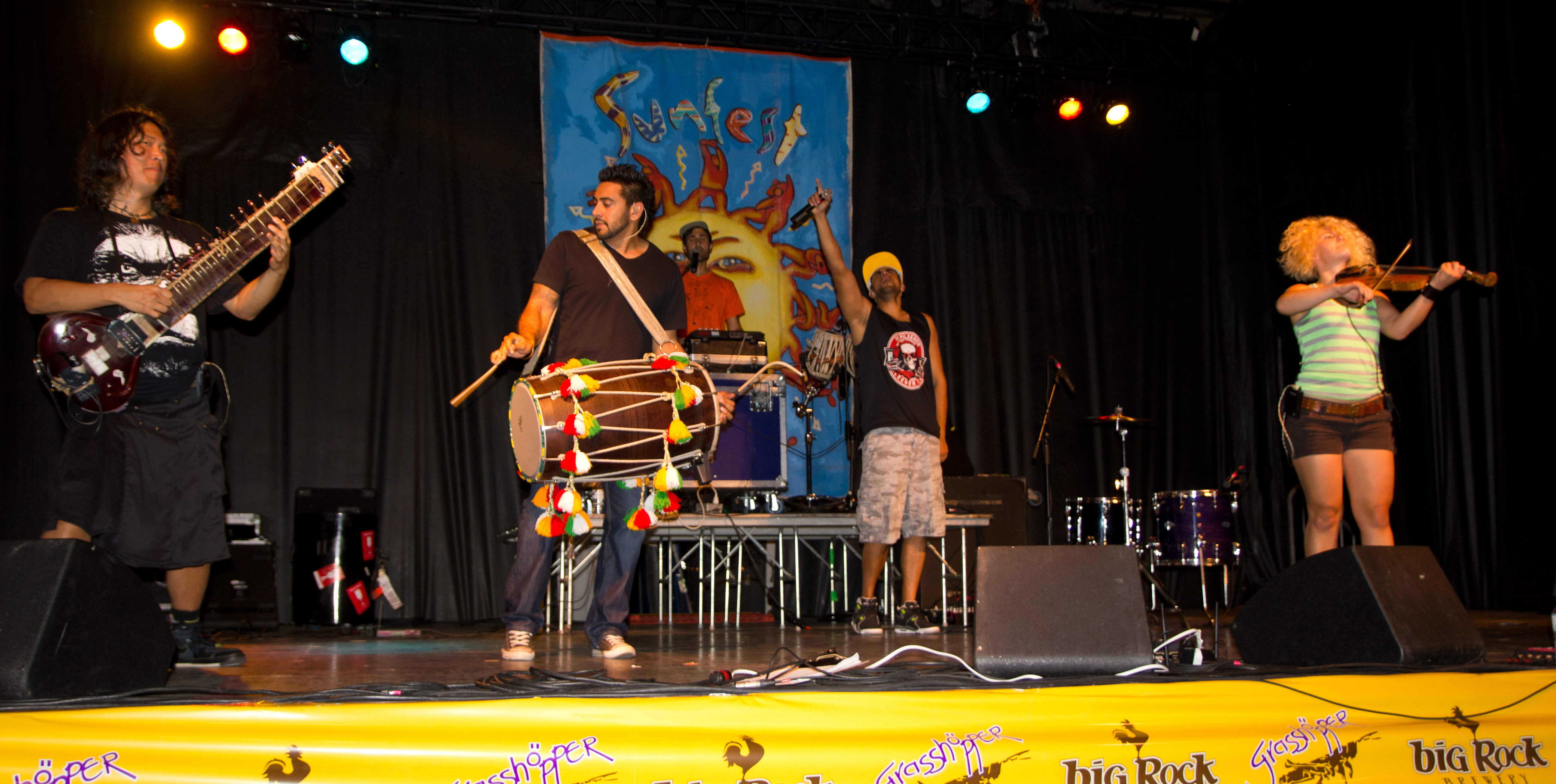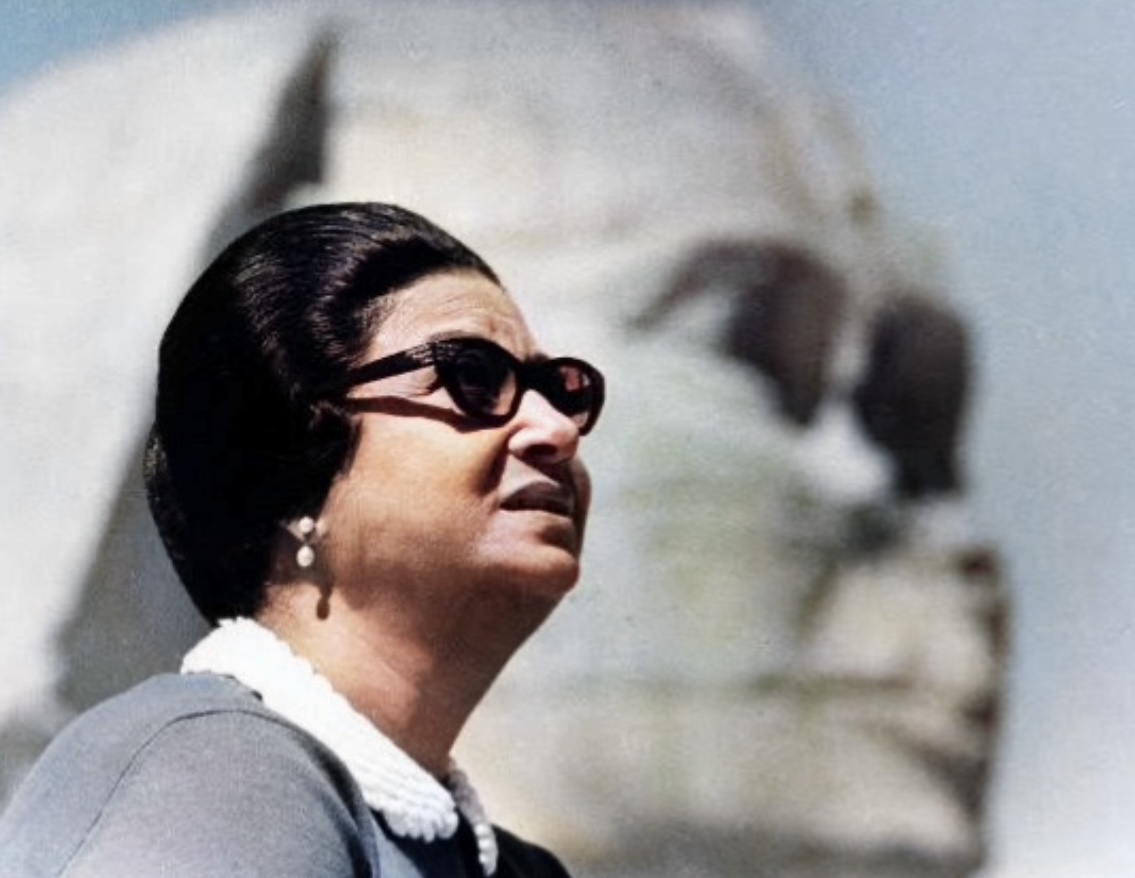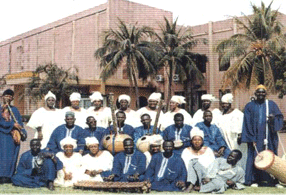|
Ma Ya
''Ma Ya'' is the second studio album by Habib Koité & Bamada. Track listing *All songs written and arranged by Habib Koité. Lyrics translated by Assetou Gologo. *Track list:CD case http://images.45worlds.com/f/cd/habib-koite-and-bamada-contrejour-5-cd.jpg Spotify entry https://open.spotify.com/album/3E2O2Hcy1no6EsdOVD77Cb # "I Mada" # "Wassiye" # "Ma Ya" # "Bitile" # "Sirata" # "Foro Bana" # "Sarayama" # "Kumbin" # "Mara Kaso" # "Pula Ku" # "Komine" # "Manssa Cise" Personnel *Habib Koité: Vocals, Guitars *Boubacar Sidibe: Guitars, Harmonica, Vocals *Abdoul Wahab Berthe: Bass, Ngoni (instrument), Ngoni *Baba Sissoko: Ngoni, Balafon *Souleymane Ann: Drums, Vocals References 1997 albums {{world-album-stub ... [...More Info...] [...Related Items...] OR: [Wikipedia] [Google] [Baidu] |
Habib Koité
Habib Koité (, born 1958 in Thiès, Senegal) is a Senegalian-born Malian musician, singer, songwriter and griot based in Mali. His band, Bamada, was a supergroup of West African musicians, which included Kélétigui Diabaté on balafon. Musical style Koité is known for his approach to playing the guitar by tuning it on a pentatonic scale and playing on open strings as one would on a kamale n'goni. History Habib was born in Mali in 1958 and enrolled in the National Institute of Arts in Bamako. In 1988 he formed his first band, Bamada. He released his first solo album, Muso Ko, in 1995, followed by further solo works in later years. Two of his songs, ''I Ka Barra'' and ''Din Din Wo'', from ''Muso Ko'', were included in the Sample Music package included with Windows Vista. Discography Albums * '' Muso Ko'', 1995 * '' Ma Ya'', 1998 * '' Baro'', 2001 * '' Live!'', 2004 * ''Afriki ''Afriki'' is the fourth studio album by Habib Koité & Bamada, published by Cum ... [...More Info...] [...Related Items...] OR: [Wikipedia] [Google] [Baidu] |
Bamako
Bamako is the Capital city, capital and largest city of Mali, with a 2022 population of 4,227,569. It is located on the Niger River, near the rapids that divide the upper and middle Niger valleys in the southwestern part of the country. Bamako is the nation's administrative center. The city proper is a Cercles of Mali, cercle in its own right. Bamako's Inland port, river port is located in nearby Koulikoro, along with a major regional trade and conference center. Bamako is the seventh-largest West Africa, West African urban center after Lagos, Abidjan, Kano (city), Kano, Ibadan, Dakar, and Accra. Locally manufactured goods include textiles, processed meat, and metal goods as well as mining. Commercial fishing occurs on the Niger River. In recent years, Bamako has seen significant urban development, with the construction of modern buildings, shopping malls, and infrastructure projects aimed at improving the quality of life for its residents. The city is home to many notable ins ... [...More Info...] [...Related Items...] OR: [Wikipedia] [Google] [Baidu] |
World Music
"World music" is an English phrase for styles of music from non-English speaking countries, including quasi-traditional, Cross-cultural communication, intercultural, and traditional music. World music's broad nature and elasticity as a musical category pose obstacles to a universal definition, but its ethic of interest in the culturally exotic is encapsulated in ''Roots'' magazine's description of the genre as "local music from out there".Chris Nickson. ''The NPR Curious Listener's Guide to World Music''. Grand Central Press, 2004. pp. 1-2. Music that does not follow "North American or British Pop music, pop and Folk music, folk traditions" was given the term "world music" by music industries in Europe and North America. The term was popularized in the 1980s as a marketing category for non-Western traditional music. It has grown to include subgenres such as ethnic fusion (Clannad, Ry Cooder, Enya, etc.) and worldbeat. Lexicology The term "world music" has been credited to et ... [...More Info...] [...Related Items...] OR: [Wikipedia] [Google] [Baidu] |
Music Of Africa
The continent of Africa is vast and its music is diverse, with different Regions of Africa, regions and List of African countries, nations having many distinct musical traditions. African music includes the genres like makwaya, highlife, Mbube (genre), mbube, township music, Jùjú music, jùjú, Fuji music, fuji, jaiva, afrobeat, Afro fusion, afrofusion, mbalax, Congolese rumba, soukous, ndombolo, makossa, kizomba, taarab and others. African music also uses a large variety of instruments from all across the continent. The music and dance of the African diaspora, formed to varying degrees on African musical traditions, include music of the United States, American music like Dixieland jazz, blues, jazz, and many Caribbean music, Caribbean genres, such as calypso music, calypso (see kaiso) and soca music, soca. Latin American music genres such as cumbia, salsa music, son cubano, Cuban rumba, rumba, conga (music), conga, Bomba (Puerto Rico), bomba, samba and Zouk (musical movemen ... [...More Info...] [...Related Items...] OR: [Wikipedia] [Google] [Baidu] |
Music Of Mali
The music of Mali is, like that of most West African nations, ethnically diverse, but one influence predominates: that of the ancient Mali Empire of the Mandinka people, Mandinka (from c. 1230 to c. 1600). Mandé peoples, Mande people (Bambara, Mandinka, Soninke) make up around 50% of Mali's population; other ethnic groups include the Fula people, Fula (17%), Gur languages, Gur-speakers 12%, Songhai people (6%), Tuareg and Moors (10%). Salif Keita, a noble-born Malian who became a singer, brought Mande-based Afro pop music, Afro-pop to the world, adopting traditional garb and styles. The kora (instrument), kora players Sidiki Diabaté and Toumani Diabaté have also achieved some international prominence, as have the late Songhai/Fula guitarist Ali Farka Touré and his successors Afel Bocoum and Vieux Farka Touré, the Tuareg people, Tuareg band Tinariwen, the duo Amadou et Mariam and Oumou Sangare. Mory Kanté saw major mainstream success with techno music, techno-influenced Mand ... [...More Info...] [...Related Items...] OR: [Wikipedia] [Google] [Baidu] |
Muso Ko
''Muso Ko'' is the debut album by Habib Koité & Bamada. Two of the songs, "I Ka Barra" and "Din Din Wo", are included in the Sample Music package included with Windows Vista. The album is available on iTunes iTunes is a media player, media library, and mobile device management (MDM) utility developed by Apple. It is used to purchase, play, download and organize digital multimedia on personal computers running the macOS and Windows operating s .... Track listing References 1995 debut albums Microsoft Windows sample music {{world-album-stub ... [...More Info...] [...Related Items...] OR: [Wikipedia] [Google] [Baidu] |
Baro (album)
''Baro'' is the third album by Habib Koité & Bamada. It includes a new Afro-Cuban version of his first commercial hit "Cigarette Abana", (originally found on his first album, Muso Ko ''Muso Ko'' is the debut album by Habib Koité & Bamada. Two of the songs, "I Ka Barra" and "Din Din Wo", are included in the Sample Music package included with Windows Vista. The album is available on iTunes iTunes is a media player, me ...). Track listing # "Batoumambe" # "Kanawa" # "Wari" # "Sin Djen Djen" # "Cigarette Abana (Baro Version)" # "Woulaba" # "Baro" # "Sambara" # "Roma" # "Tere" # "Mali Sadio" # "Takamba" # "Sinama Denw" # "Bonus Track" References * 2001 albums {{World-album-stub ... [...More Info...] [...Related Items...] OR: [Wikipedia] [Google] [Baidu] |
Q (magazine)
''Q'' was a British popular music magazine. It was founded in 1986 by broadcast journalists Mark Ellen and David Hepworth, who were presenters of the BBC television music series ''The Old Grey Whistle Test''. ''Q'' was published in print in the UK from 1986 until its final issue was published in July 2020. In 2023, ''Q'' was revived as an Webzine, online publication, but this closed in May 2024. History ''Q'' was originally published by the EMAP media group and set itself apart from much of the other music press with monthly production and higher standards of photography and printing. In the early years, the magazine was sub-titled "The modern guide to music and more". Originally it was to be called ''Cue'' (as in the sense of cueing a record, ready to play), but the name was changed so that it would not be mistaken for a snooker magazine. Another reason, cited in ''Q''s 200th edition, is that a single-letter title would be more prominent on newsstands. In January 2008, EMAP so ... [...More Info...] [...Related Items...] OR: [Wikipedia] [Google] [Baidu] |
Ngoni (instrument)
The ngoni (also written ''ngɔni'', ''n'goni'', or ''nkoni'') is a traditional West African string instrument. Its body is made of wood or calabash with dried animal (often goat) skin head stretched over it. The ngoni, which can produce fast melodies, appears to be closely related to the '' akonting'' and the '' xalam''. This is called a ''jeli ngoni'' as it is played by griots at celebrations and special occasions in traditional songs called ''fasa''s in Mandingo. Another larger type, believed to have originated among the donso (a hunter and storyteller caste of the Wassoulou cultural region) is called the ''donso ngoni''. This is still largely reserved for ceremonial purposes. The donso ngoni, or "hunter's harp," has six strings. It is often accompanies singing along with the '' karagnan'', a serrated metal tube scraped with a metal stick. The donso ngoni was mentioned by Richard Jobson in the 1620s, describing it as the most commonly used instrument in the Gambia. He describe ... [...More Info...] [...Related Items...] OR: [Wikipedia] [Google] [Baidu] |
Balafon
The balafon (pronounced , or, by analogy with ''xylophone'' etc., ) is a gourd-resonated xylophone, a type of struck idiophone. It is closely associated with the neighbouring Mandé peoples, Mandé, Bwaba Bobo people, Bobo, Senufo people, Senoufo and Gur languages, Gur peoples of West Africa, particularly the Guinean branch of the Mandinka people, Mandinka ethnic group, but is now found across West Africa from Guinea, Burkina Faso, Mali. Its common name, ''balafon'', is likely a European coinage combining its Mandinka language, Mandinka name ''bala'' () with the word ''fôn'' () 'to speak' or the Greek root ''phono''. History Believed to have been developed independently of the Southern African and South American instrument now called the marimba, oral histories of the balafon date it to at least the rise of the Mali Empire in the 12th century CE. Balafon is a Manding languages, Manding name, but variations exist across West Africa, including the ''balangi'' in Sierra Leone ... [...More Info...] [...Related Items...] OR: [Wikipedia] [Google] [Baidu] |




